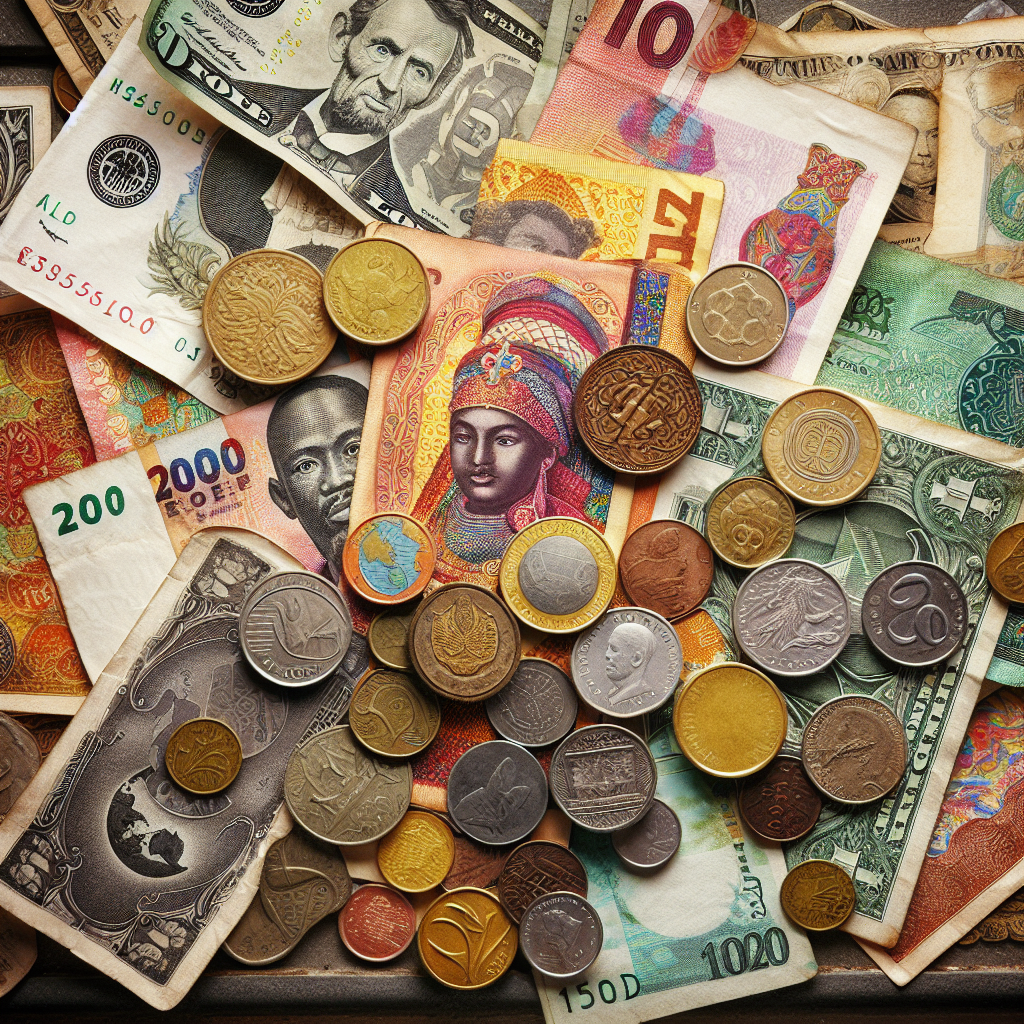Emerging Markets Hit by Rising Dollar and Political Uncertainty
Emerging market currencies saw declines as investors adjusted their expectations for U.S. federal monetary policy, anticipating a minor rate cut in November. This bolstered the dollar ahead of the U.S. elections. Markets also reacted to economic data and upcoming political events, contributing to overall global financial volatility.

Emerging market currencies experienced a downturn on Wednesday as investors adjusted their expectations for a gradual easing of U.S. monetary policy by the Federal Reserve. This shift strengthened the dollar, as traders projected an 89% chance of a modest rate cut by the Fed in November.
MSCI's index for emerging markets stocks rose 0.3%, mainly due to gains in mainland China and Hong Kong stocks, while a gauge for currencies dipped 0.1%. The stronger dollar comes as Treasury yields reflect diminished expectations of rampant rate cuts from the Federal Reserve. Political uncertainty also looms with U.S. elections approaching.
Despite stagnant economic growth reflected by a slipping South African rand following inflation reports, regional Central Banks face decisions, like Georgia's maintaining a steady rate. Meanwhile, the BRICS summit in Russia could yield shifts in economic alliances as emerging markets continue to navigate choppy financial waters.
(With inputs from agencies.)
ALSO READ
Trump's Victory and Yen Pressure: A Dollar Surge with Global Implications
Dollar Takes a Backseat as Markets Digest Post-Trump Election Movements
Federal Reserve's Dilemma: Navigating Interest Rates Amid Trump's Economic Proposals
Dollar Dips Following Fed Speculation and Trump's Impact
Dollar Surge: Post-Trump Election Impact and Central Bank Decisions










